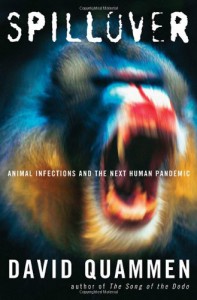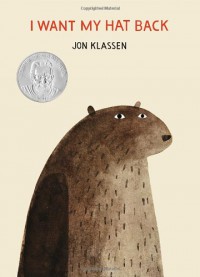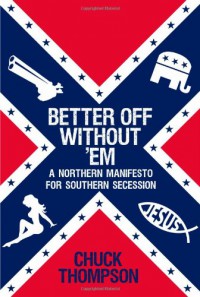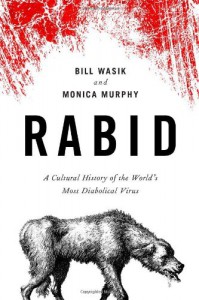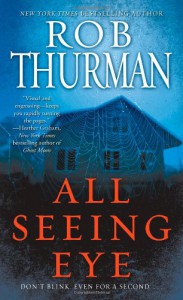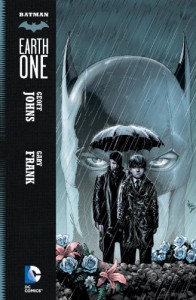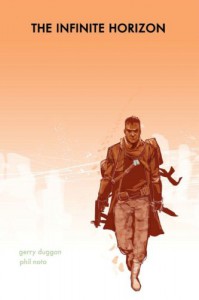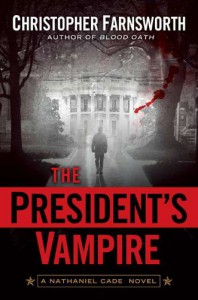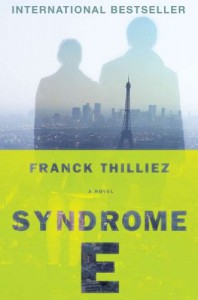
I wanted to like this book, I really did, but after reading through it, I couldn't help thinking that it's simply a French thriller writer doing what American thriller writers have been doing for years: put two dysfunctional people (preferably cops) in a case with a creepy supernatural-ish twist and a conspiracy theory, and you'll get a bestselling story.And Syndrome E has everything included to make a bestseller: a male and female lead who initially clash and have to learn to work together, a series of unsolved murders, a creepy film that might be killing people, conspiracy theories, and lots of technical jargon that is supposed to be smart, but comes off as silly instead. The only thing that sets Syndrome E apart from any other thriller on the American market is that it was written in French, translated to English, and sold in the States.Looking past the familiar plot - an art house film causes blindness in one viewer in Lille, and might be linked to the deaths of at least a half dozen people in southern France - Syndrome E has other problems. Its characters are two-dimensional (at best); the female lead is predictably torn between motherhood and the job of being a detective, and the male lead is a paranoid schizophrenic whose psychosis presents itself more vividly as the story goes on. He might also take the prize for most ill-conceived male lead detective character of the year.The translation from French to English is what ultimately killed this book for me. Certain terms and idioms are translated from French to English in such a fashion that they jarred me out of the experience. When I saw the phrase 'the whole shebang' used in the book, as well as the frequent use of 'the cop', 'CSI', and 'ME' to describe police personnel, I started to get frustrated. These are American phrases and terms, not French, and they kill the flow.I'm ultimately disappointed, because I was hoping for something more along the lines of Koji Suzuki's The Ring (novel that the film is based on), not a weak French-written American thriller. While reading Syndrome E, I was reminded why thrillers are at the low end of my reading spectrum. I like brain candy, but it has to make me think, not make me want to give myself a concussion.
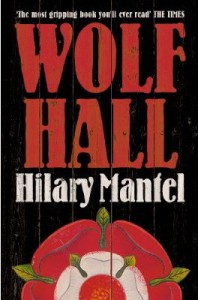 Outstanding historical fiction (which is not a genre I tend to favor); the start of Thomas Cromwell's rise is seen alongside the dissolution of Henry VIII's marriage to Katherine of Aragon. It's brutal, long (lots of characters to keep in mind, all of the important ones real people), and intriguing, with politics and religion taking center stage in Tudor England. One of the best fiction novels I've read, and, yes, it took me a long, long time to get through it (with no updates for a long time), but I'm glad I did. This is what great fiction should be.
Outstanding historical fiction (which is not a genre I tend to favor); the start of Thomas Cromwell's rise is seen alongside the dissolution of Henry VIII's marriage to Katherine of Aragon. It's brutal, long (lots of characters to keep in mind, all of the important ones real people), and intriguing, with politics and religion taking center stage in Tudor England. One of the best fiction novels I've read, and, yes, it took me a long, long time to get through it (with no updates for a long time), but I'm glad I did. This is what great fiction should be.


